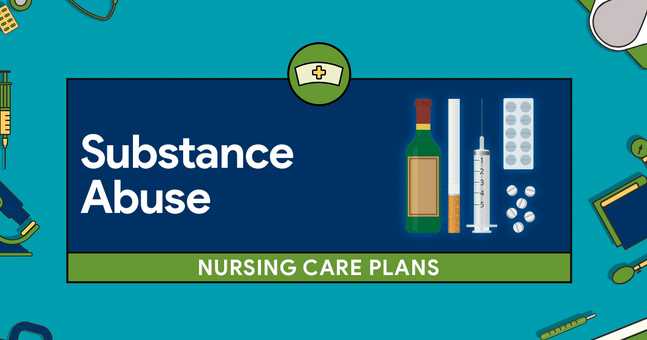Due to various biosocial factors, substance abuse is influenced by mental illness. For those who do not struggle with mental health, underlying trauma or poor coping skills may impact substance abuse. A recent change in treatment protocols for those struggling with substance abuse has included treatment for mental health challenges that influence the continuation of substance abuse.
Dual diagnosis protocols address the mental health symptoms associated with substance use. Addiction management includes individual and group therapies that teach relapse prevention from handling cravings and emotional symptoms. By addressing the issues from both sides, those struggling with these comorbidities can cope effectively.
Recognizing that mental health plays a role in addiction is the first step in effectively treating both problems. Using diagnostic tools, psychologists assess mental illness as part of the dual diagnosis treatment. If you suspect that mental illness may play a role in your substance use, here are some common comorbidities to be aware of.
Depression And Substance Abuse
Depression is a mental health condition that creates emotional numbness, sadness, and suicidal ideation. The emotional effects of depression can be so draining that the physical body is tired, prompting the sufferer to sleep more often and disengage. In an attempt to escape such feelings, some engage in substance abuse. Others engage in substance abuse and then develop depression. The body begins to crave more of the substance, and this physical dependency can lead to depressive feelings.
Borderline Personality Disorder
Persons with borderline personality disorder struggle with fear of abandonment, identity disturbance, feelings of emptiness, impulsivity, and reckless behavior. Many people with borderline have trouble regulating their emotions and are prone to mood swings and outbursts. Those with the disorder may engage in substance abuse to cope.
Others have trouble controlling impulsive urges to engage. The continuation of these behaviors can lead to addiction. When the sufferer cannot escape their turbulent emotions, they may use substances. Once the body is addicted, the need for importance becomes physical.
Gateways To Addiction
Additional mental health challenges such as bipolar depression, obsessive-compulsive disorder, and anxiety disorders can also lead to substance abuse. Inability to tolerate persistent stress may encourage a person to self-medicate, which may be the gateway to addiction, rendering the need for dual diagnosis treatment.
A Personalized Approach
A doctor will go over the patient’s history by getting involved with a dual diagnosis treatment program. The patient will meet with a psychiatrist and psychologist to develop a treatment plan that addresses the substance abuse challenges and the mental health challenges that influence substance abuse. In this way, dual diagnosis treatment protocols treat the whole issue.
Start Your Recovery
With the understanding that different mental health challenges require different approaches for treatment, each plan for substance abuse treatment can be tailored to meet the mental health needs of persons with these comorbidities. If you struggle with mental illness and substance abuse, reach out to dual diagnosis treatment centers to start your recovery journey today.



